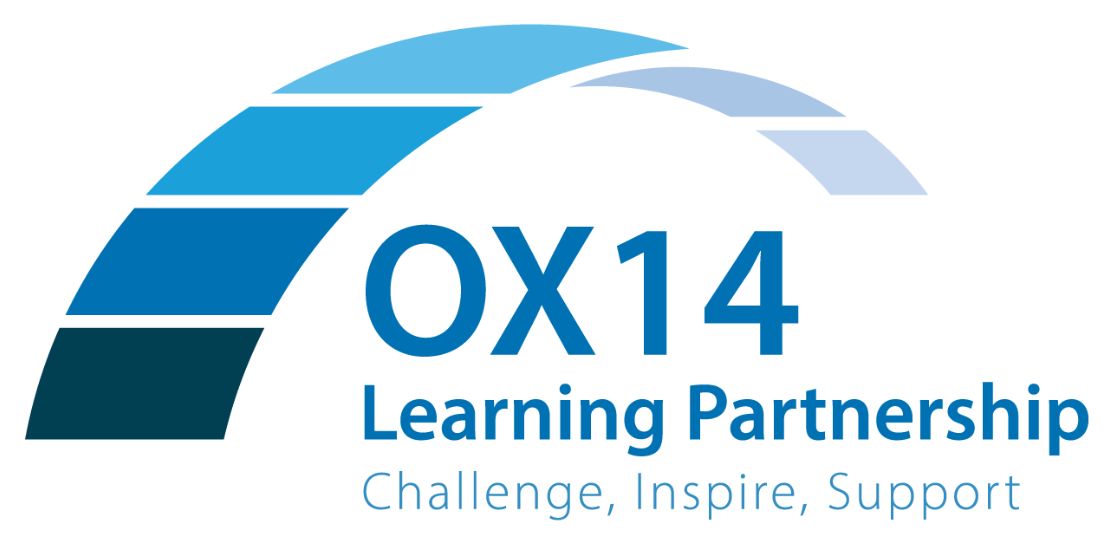Students and teachers are invited to take part in a range of workshops and lectures with Author Lewis Dartnell. Teachers are asked to sign up for spaces by emailing ox14lp@abingdon.org.uk.
Professor Lewis Dartnell (www.lewisdartnell.com) is based at the University of Westminster, studying how life, and signs of its existence, might survive the intense cosmic radiation on the surface of Mars. He also holds an STFC Science in Society Fellowship, and alongside his astrobiology research writes regular science articles in newspapers and magazines, and has appeared in TV shows such as Horizon, BBC Stargazing Live, and Wonders of the Universe. He has published a popular science book introducing astrobiology, “Life in the Universe: A Beginner’s Guide” (tinyurl.com/LifeInTheUniverse) and also an illustrated children’s book with Dorling Kindersley, “My Tourists Guide to the Solar System” (tinyurl.com/TouristsGuide). His third book, ‘The Knowledge: How to Rebuild our World from Scratch’ (www.the-knowledge.org) is a Sunday Times Book of the Year, and is out now in paperback.
11am Workshop Exoplanets and how to find them (Physics)
We’ve now discovered over 4,000 extrasolar planets — worlds orbiting other suns in our galaxy. But on the whole we’ve never actually been able to see these exoplanets; we’ve been able to infer indirectly that they are there. So what tricks do astronomers use to discover incredibly remote planets? What information can we gather from our telescopes, and therefore what can we tell about what an exoplanet is actually like? How can we tell if certain worlds are Earth-like and so potentially able to harbour life? In this workshop, we’ll explore the science behind how you can discover and then characterise exoplanets.
2.15 Astrobiology – The Hunt for alien life (Student lecture)
‘Astrobiology’ is a brand new field of science, encompassing research into the origins and limits of life on our own planet, and where life might exist beyond the Earth. But what actually is ‘life’ and how did it emerge on our own world? What are the most extreme conditions terrestrial life can tolerate? And what would an alien actually look like – how realistic are the life-forms envisaged by science fiction novels and films over the years? Join Prof. Lewis Dartnell on a tour of the other planets and moons in our solar system which may harbour life, and even further afield to alien worlds orbiting distant stars, to explore one of the greatest questions ever asked: are we alone…?
4.15 Workshop 2 How to define life and detect it (Biology/Chemistry)
We all know life when we see it on Earth — a tiger is obviously alive whereas a skeleton or rock are not — but how could you actually define what life is? What features or functions must something possess in order to be alive? And therefore, how could you design an experiment that will test for life on another planet? In this workshop, we’ll explore how astrobiologists think about life in fundamental terms and so know what we’re looking for with our scientific instrument aboard space probes.
Community lecture : ORIGINS: How the Earth Shaped Human History
When we talk about human history, we focus on great leaders, revolutions, and technological advances. But how has the Earth itself determined our destiny? How has our planet made us?
As a species we are shaped by our environment. Geological forces drove our evolution in East Africa; mountainous terrain led to the development of democracy in Greece; and today voting behaviour in the United States follows the bed of an ancient sea. The human story is the story of these forces, from plate tectonics and climate change, to atmospheric circulation and ocean currents.
By taking us through millennia of human history, and billions of years into our planet’s past, Professor Lewis Dartnell tells us the ultimate origin story. When we reach the point where history becomes science we see a vast web of connections that underwrites our modern world and helps us face the challenges of the future.
From the cultivation of the first crops to the founding of modern states, Origins reveals the Earth’s awesome impact on the shape of human civilizations. Please book via the Amey theatre box office


